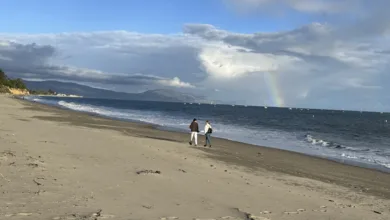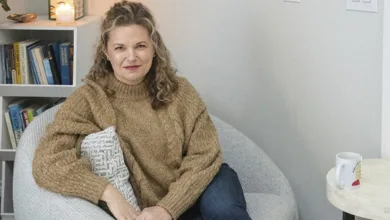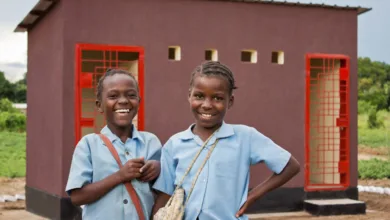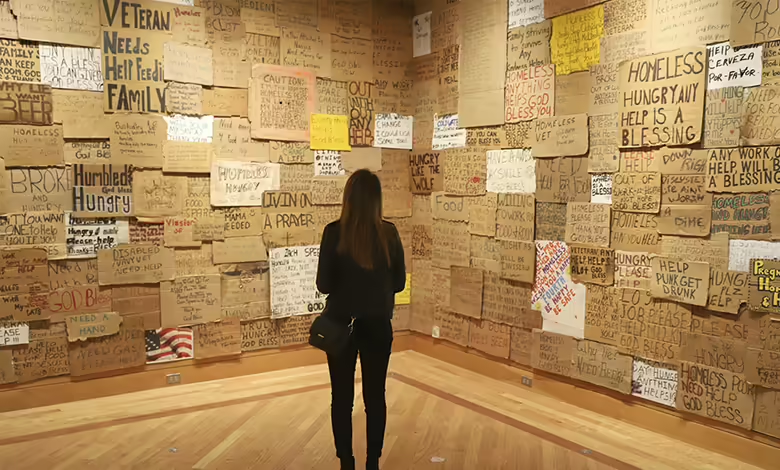
We have all seen them, men and women at busy intersections, holding up homeless signs and asking if we can give them spare change or food. It is easy for us to divert our gaze and sit isolated in our air-conditioned cars or pick up our cell phones and pretend we are preoccupied with an important call.
But one man refused to turn away. Feeling guilty and awkward for ignoring people, Willie Baronet, an advertising professor at Southern Methodist University, bought a roughly printed cardboard sign from a man experiencing homelessness in Dallas in 1993. That interaction began his collection of purchased signs. “Like many, I wrestled with whether or not I was doing good by giving them money,” says Baronet. “Mostly, I struggled with my moral obligations and how my own choices contributed to the poverty I witnessed. In my struggle, I avoided eye contact with those on the street, unwilling to see them, and in doing so, I avoided seeing parts of myself. That began to change once I asked them if they would sell me their signs,” Baronet added. Since he set out on his mission, Baronet’s collection has grown to over 2,400 signs, all purchased from individuals he has met on his mission to shed light on the plight of people experiencing homelessness.
Baronet’s professors encouraged him to do an art show with the signs as a graduate student in arts and technology. His premise: can art provide insight into homelessness? At first, there were small shows on the SMU campus; the displays now exceed 80- 90 exhibitions throughout the country and the UK, showcasing hundreds of his collected signs. The exhibitions provide a space for awareness, education, and creative problem-solving around homelessness in our communities. They stimulate conversations and encourage individuals and communities to work together to solve an ever-growing problem.
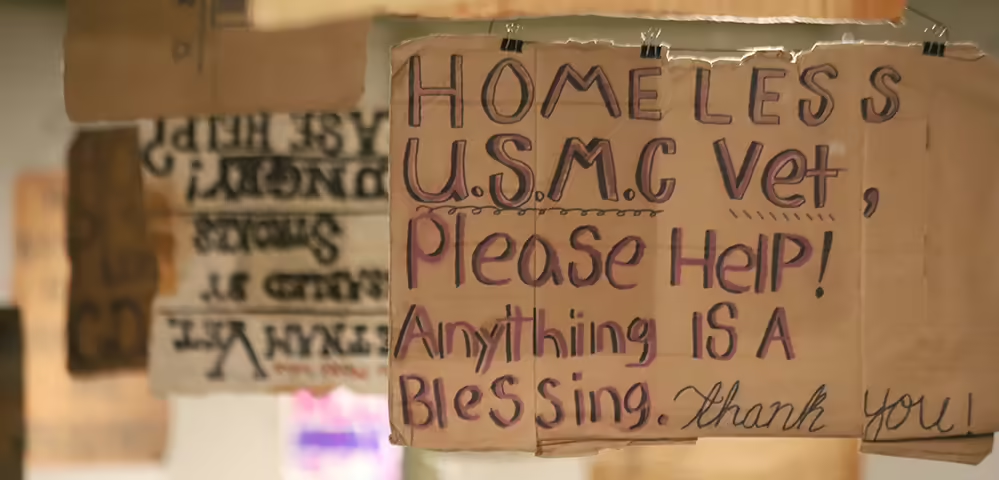
Baronet has purchased signs for up to $50 from homeless veterans, unemployed fathers, ex-convicts struggling to find a job, young people who have aged out of the foster care system, those who have been kicked out of their families, and many others who have fallen through the cracks of social services. He has spoken to pregnant women, individuals escaping domestic violence, people with pets, and those battling addiction. Some desperately want help but do not know where to find it, while others feel rejected by society or unable to adjust to life in a shelter. Most have no health insurance for medical and dental needs, and still others have resigned themselves to a life on the streets.
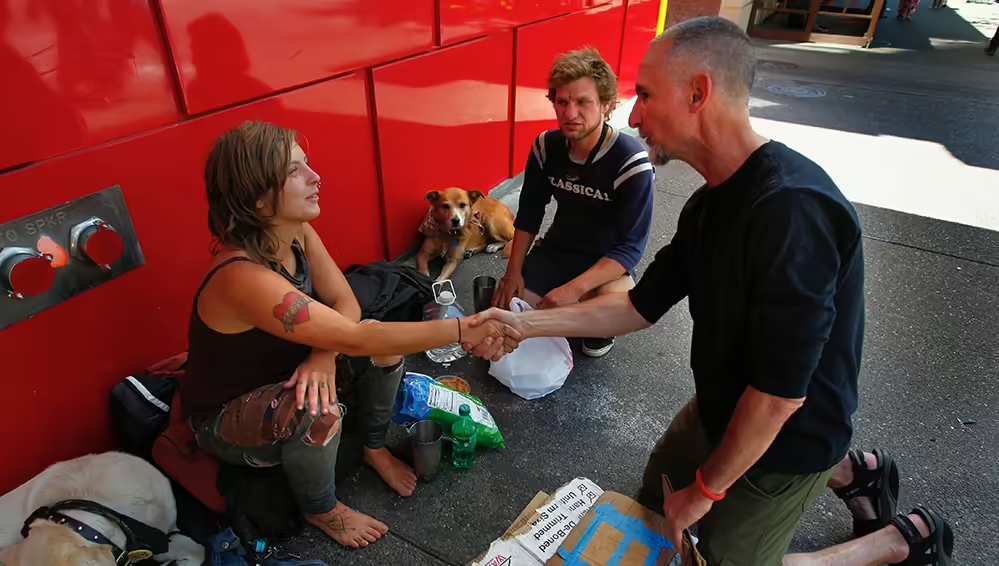
When buying a sign, Baronet engages in a conversation either on the sidewalk or, if he is in the car, by rolling down his window, introducing himself, paying the money, and shaking the hand of the person he has met during this brief business transaction. He feels that the human touch is an integral part of the deal. “It’s easier to marginalize people until this shift happens, until you reach out and see them as human beings,” he says. “I think to myself, what’s the difference between me and them? We all struggle. We all question our decisions, make mistakes, and need help.”
The exhibitions provide a space for awareness, education, and creative problem-solving around homelessness in our communities. They stimulate conversations and encourage individuals and communities to work together to solve an ever-growing problem.
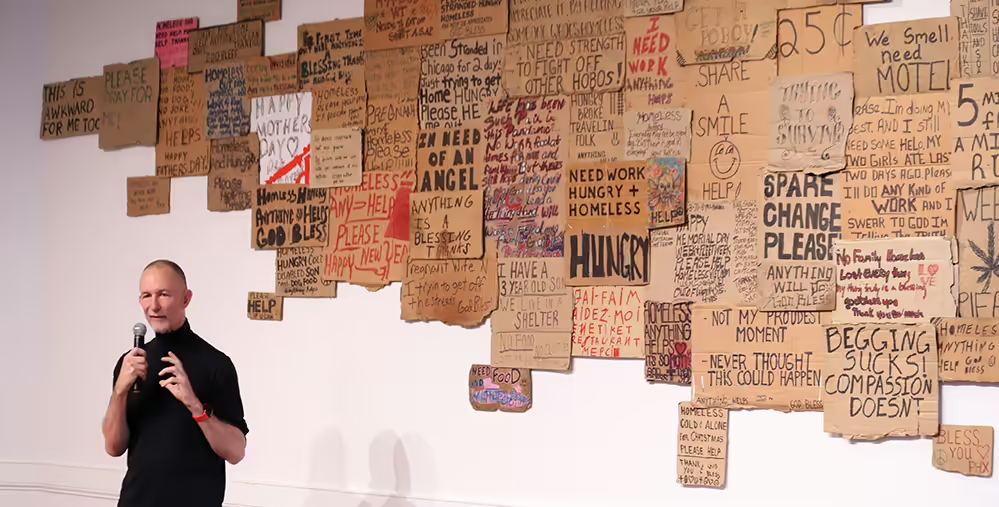
In 2008, Baronet founded the WE ARE ALL HOMELESS nonprofit organization to raise awareness about the experience of those affected by homelessness. In 2016, he produced the documentary “Signs of Humanity” to further his mission of sharing the raw emotional stories of human struggle and people’s resilience behind the signs. Over 31 days, Baronet and a small film crew traveled across 24 American cities, buying signs and connecting with homeless individuals.
The project’s impact was undeniable. During filming “Signs of Humanity,” the project achieved an astounding 138 million media impressions in just one month. These human stories have an enduring, compassionate force that continues to inspire and resonate amid the growing homelessness crisis.
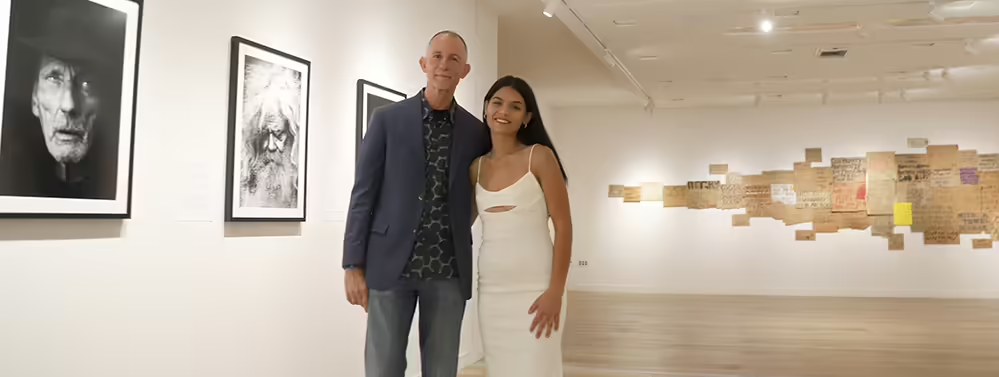
“Through the film, exhibits, symposiums, and workshops, my nonprofit organization hopes to challenge stereotypes, inspire empathy, and drive social change,” Baronet shared in a recent interview.
Baronet’s initiative has attracted widespread global media attention, with features on NPR, HuffPost, Yahoo! News, Buzzfeed, and more. This has further amplified his powerful message and mission.
This January, Baronet partners for the third time with Toronto-based photographer Leah den Bok, founder of the non-profit Humanizing the Homeless. Den Bok has dedicated her career to capturing the stories and images of people experiencing homelessness.
Together, they are creating a compelling art exhibit at First United Methodist Church in downtown Dallas. The exhibit will feature den Bok’s moving portraits of homeless individuals alongside many of the signs Baronet has collected.
This compelling collaboration aims to humanize and raise awareness about homelessness by presenting personal stories and messages from those affected. The goal is to encourage viewers to see people experiencing homelessness as unique individuals.
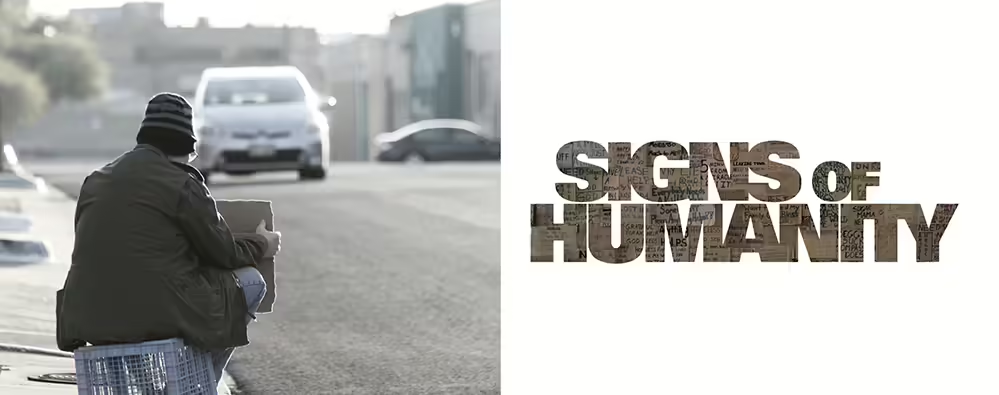
For more information about the art exhibit, visit www.weareallhomeless.org. You can also stream the documentary Signs of Humanity on Amazon Prime.
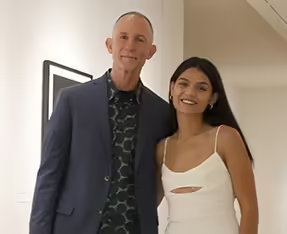
WE ARE ALL HOMELESS and Humanizing the Homeless Exhibit
Where: First United Methodist Church | 1928 Ross Ave., Dallas
When: Starting January 5
Cost: Free
Website: www.weareallhomeless.org
About Willie Baronet: Willie Baronet is the Stan Richards Professor of Creative Advertising at the Temerlin Advertising Institute for Education and Research at Southern Methodist University in Dallas, Texas.


